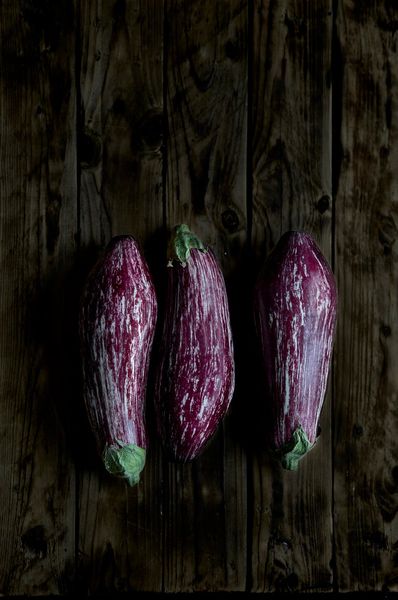Nubia Eggplant Information
Nubia eggplants measure 7 to 8 inches (18-20.5 cm.) in length. They are attractive fruits with a mellow flavor that works well for frying or grilling.
Growing Nubia Eggplants
Nubia eggplants are warm-weather plants that need a long growing season. It’s possible to plant seeds directly in the garden, but if you have short summers, plant seeds indoors six to eight weeks before the last expected frost date. Indoors, plant seeds in containers or trays. Keep the containers at 80-90 F. (27-32 C.). until germination, then at 70 F. (21 C.). Use a heat mat if necessary; eggplant seeds won’t germinate in cold soil. Move small plants outdoors after you’re sure frost has passed. Choose a spot with full sunlight and well-drained soil. Allow 18 to 24 inches (45.5-61 cm.) between plants. Dig a generous amount of well-rotted manure or compost into the soil before planting. You can also add a small amount of balanced, general-purpose fertilizer or tomato fertilizer into the soil at planting time. Avoid high nitrogen fertilizers, which may produce lush plants with few or no fruits. Sprinkle a small amount of fertilizer around the plants every month throughout the growing season. Eggplants are heavy feeders. Water Nubia eggplants regularly, providing about an inch (2.5 cm.) of water per week. The plants may need a little extra moisture during hot, dry weather. If you notice flea beetles on your Nubia eggplants, insecticidal soap spray usually takes care of the problem. You may have to reapply every week or two to maintain control. That’s pretty much it for Nubia eggplant care. Once they’re ready for harvesting, you can enjoy the tasty fruit.
